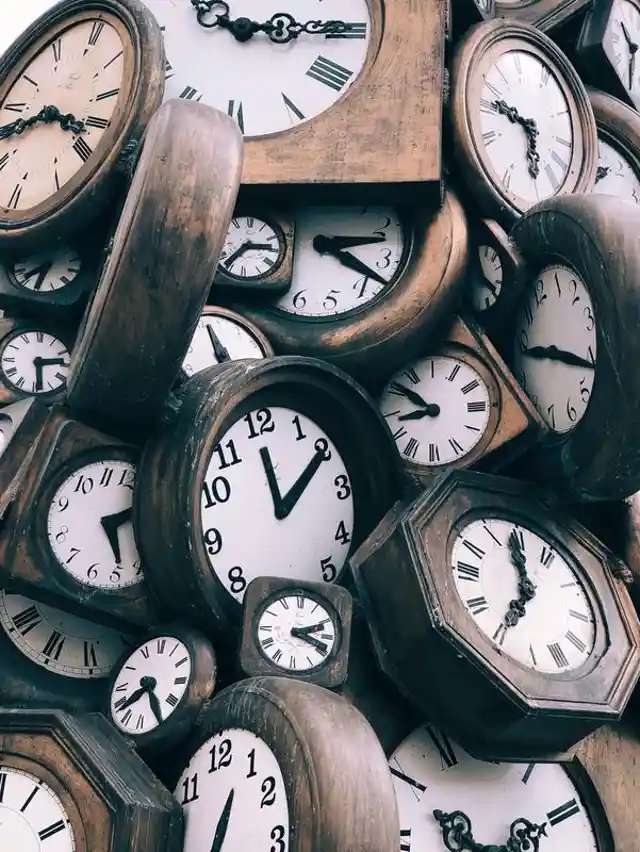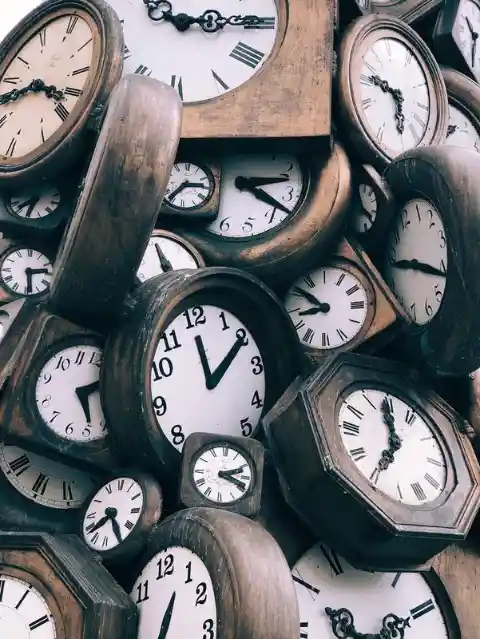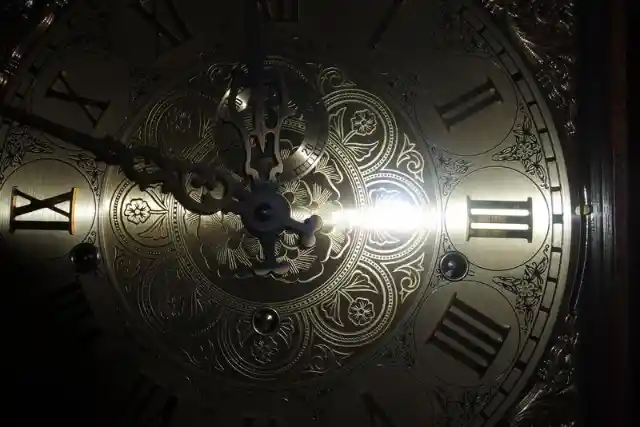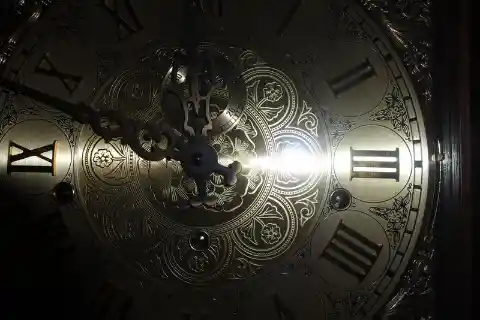Living longer is a goal for all of us, and we do as much as we can really to make that possible. From eating better to exercising to simply trying to live a less stressful life, we take many avenues to try and improve this aspect of our lives. However, for many people, the concept of knowing how long they have left to live is a tantalizing one: if you could find out how long you have left, would you?


Well, according to some, you might be able to predict how long you have left to live simply by using the good old clock. Aging clocks are a common thing now, yet many see them as a foolish trend – a fad that has absolutely no scientific basis. Some scientists are currently trying to argue that our biological age is simply a reflection of our physical health and our actual mortality. Your
chronological age can differ greatly from your biological age – you might be 40, but you feel 21 due to a healthy lifestyle. Conversely, you might only be 30, but you feel 45 due to years of misuse of your body.
Aging clocks are supposed to look at your biological age based on various markers, such as the methyl groups that are layered onto DNA. You get biological clocks for most of your organs, too, so this is not something that is for the entire body. It can even be used for trying to predict the lifespan of an animal species or a specific organ.


Aging clocks, then, basically look to focus on the way that your organs are degrading – and how long they have left until they need to be replaced, or you die out. A scary thought, but one that should be kept in mind for the morbidly curious who want to know a little bit more about their health – and how long they might have left.